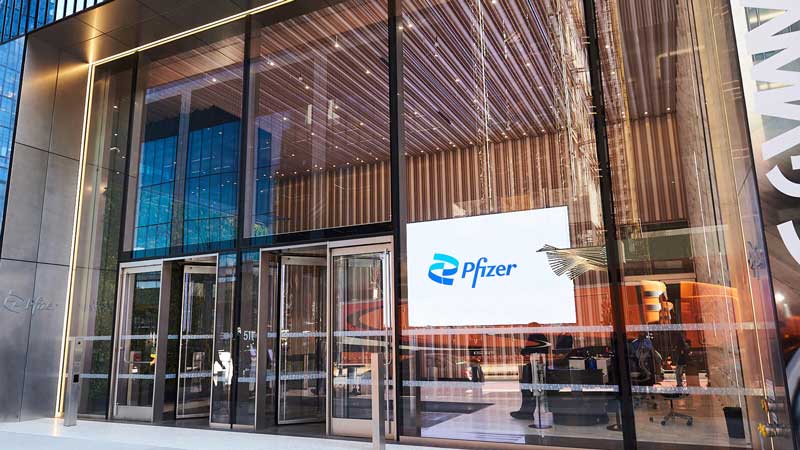The human excellence stems from a host of versatile factors, and yet nothing defines it better than our tendency to grow on a consistent basis. This progressive approach, on our part, has already got the world to hit upon some huge milestones, with technology appearing as a major member of the stated group. The reason why technology enjoys such an esteemed stature among people is, by and large, predicated upon its skill-set, which guided us towards a reality that nobody could have ever imagined otherwise. Nevertheless, if we look up close for a second, it will become clear how the whole runner was also very much inspired from the way we applied those skills across a real world environment. The latter component was, in fact, what gave the creation a spectrum-wide, and consequentially, kickstarted a tech revolution. Of course, this revolution then went on to scale up the human experience through some outright unique avenues, but even after achieving such a monumental feat, technology will somehow continue to produce the right goods. The same has grown increasingly evident over the recent past, and assuming one new healthcare-themed shakes out just like we envision, it will only make that trend bigger and better moving forward.
Pfizer has officially bagged the FDA approval for its new drug called Velsipity, which is designed to treat ulcerative colitis (UC). To give you some gist, ulcerative colitis is a chronic inflammatory bowel disease that is nothing but a result of excessive immune response. Making the condition even more severe is the fact that it currently affects more than 1.25 million people across the US. But how will Pfizer’s new drug take such a pervasive problem? Well, it will do so by reducing blood levels of lymphocytes, inflammatory immune cells associated with the development of UC. You see, the drug brings to the fore a molecule which specifically targets and blocks three specific spingosine 1-phosphate (S1P) receptors. With the stated receptors blocked, those lymphocytes are also blocked from leaving lymphoid organs, thus bringing down lymphocyte levels in the patient’s blood. Now, as many might point out, Pfizer already has a drug for UC in Xeljanz, a small molecule whose approved uses span several immunology and inflammation indications. The therapeutic, in fact, accounted for nearly $1.8 billion in revenue last year, except that figure was literally 24% lower than the year before. This was largely because Xeljanz belongs to a class of drugs that block inflammation-driving proteins called Janus kinases (JAKs), placing it alongside all the JAKs inhibitors that have come under regulatory eye for causing deadly cancer and cardiovascular complications. The brand-new Velsipity, on the other hand, has no such risks associated to it.
“Because of the unpredictable nature of UC, people living with the disease can cycle through several different treatments over time,” said Michael Chiorean, co-director of the IBD Center at Swedish Medical Center and an investigator in the drug’s clinical trials. “Patients may also be apprehensive about using injectable therapies, like biologics. It’s important to have new, effective options like Velsipity for those patients who may require an advanced treatment option and prefer the convenience of a once-daily pill.”
Velsipity got the FDA approval only after it had gone through a pair of Phase 3 studies where the focus was on patients who could not take or did not respond to currently available UC therapies. According to certain reports, the studies met the primary goal of achieving clinical remission. Not just that, they also displayed a sense of recovery in and around the colon’s mucosa, an element which tends to become inflamed from the disease.
As comprehensive as it sounds, though, Velsipity isn’t the first S1P modulator set to hit the market, considering Bristol Meyers Squibb already has a drug called Zeposia, which treats the same condition. Initially approved for multiple sclerosis, Zeposia would eventually expand in regards to use cases. However, the problem with this drug is how it requires titration, a slow increase in dosing over time to find the right dose for a patient. Velsipity requires nothing of that sort, mandating instead a clear-cut 2 mg dose. The latter one is also not staying behind when it comes to versatility. You see, Velsipity has potential applications in other inflammation-driven immune system disorders, including Crohn’s disease, atopic dermatitis, eosinophilic esophagitis, and alopecia areata.
Penciled in to become available at some point during November 2023, Velsipity is actually a brainchild of Arena Pharmaceuticals, a company Pfizer acquired two years ago in a deal worth $6.7 billion. Having received the FDA nod, the drug will now try and pay Pfizer back on its investment by contributing towards the company’s goal of achieving $25 billion in new revenue before the year 2030 is over. Apart from Velsipity, other products that will chip in with some effort include Oxbryta, the sickle cell disease drug Pfizer got from the acquisition of Global Blood Therapeutics, as well as Zavzpret and Nurtec, two migraine drugs that came with Biohaven Pharmaceuticals’ acquisition.
Velsipity will launch at a wholesale price of $6,164 for a 30-day supply.



















